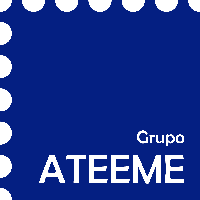The postal market liberalization in Portugal. Introduction.
On February 20th 2008 the European Parliament approved the Third Postal Directive 2008/6/CE, setting December 31st 2010 as the deadline for the abolition of postal monopolies and the full liberalization of postal services in most European Union countries. This meant that from January 1st 2011 most of the services, once reserved for national (public) operators would be open to competition, and other national or international postal companies could now freely provide postal services in the different countries in accordance with the laws approved in each of them.
In Portugal, this important Postal Directive was implemented through Postal Law 17/2012 of April 26th, which establishes the legal framework applicable to the provision of national and international postal services, under full competition. Since 2015 ANACOM (Autoridade Nacional de Comunicações) has been the independent national authority regulating the postal and communications sector in Portugal.
Unlike in Spain, where private postal operators have operated in the tourism sector since the mid-1990s, long before the liberalization of the postal market (see study), in Portugal the Postal Law of April 2012 allowed the creation and development of private postal companies, some of them dealing mainly with the processing of tourist mail. Two of them have released their own postal issues, TUGA POST and OPENMAIL.
OPENMAIL

OPENMAIL, Lda. is a private postal company created in January 2017. On May 17th 2018 it obtained an ANACOM licence 1/2018-SP, which allows the company to provide international postal services up to 2 kilos in Portugal. Its activity focuses on the remailing of international tourist postcards.
Like other specialist private postal operators, the company establishes agreements with commercial tourist establishments in the main Portuguese tourist areas, mostly souvenir shops, kiosks, etc. selling postcards, in order to offer the franking and mailing service to tourists, using their own stamps and metal mailboxes. The OPENMAIL sales agent supplies the establishments with sheets of self-adhesive stamps and collects the mail deposited in their mailboxes, with a frequency of up to three times a week in the case of Lisbon, for example.


The Portuguese Postal Law allows private postal operators to freely set prices for the services provided. In mid-2024, OPENMAIL‘s tariff for a letter or postcard to any international destination up to 20g was €0.95, although tourist establishments sold its stamps at prices ranging from €1.20 to €2. In the same period the CTT (Correios de Portugal) postal tariffs, the operator responsible for the provision of the universal postal service (SPU) in Portugal, were €1.20 and €1.30 for Europe and the rest of the world, respectively.
It is also interesting to note that the Portuguese Postal Law REQUIRES postal operators to identify each item with the name of the postal service provider. These postal operator markings therefore are an excellent mechanism for the control of items and identification of the operator concerned.
At the time of publication of this article (summer 2025), OPENMAIL has been in operation for more than seven years and we do not know the designs of all the postage stamps issued so far, nor the composition of the sheets and their distribution in the different tourist areas. Therefore, the following is an introduction whilst we await further information.
OPENMAIL stamps are printed on A4 sheets of self-adhesive paper, with a linear pre-cut size of 60 x 25 mm. All stamps include a QR code on the left of the stamp directing one to the company’s website, and a tourist image on the right. The design is similar to those issued in the same period by Swiss Post International in various tourist areas of Spain and Gibraltar (see article, published in VARIABLE 46).
The stamps issued during the first years of operating include the text “INTERNACIONAL” or “CORREIO INTERNACIONAL”, the URL of the company’s website “www.openmail.express”, and a unique numeric code for each stamp. Some designs also include the name of the city or region depicted.
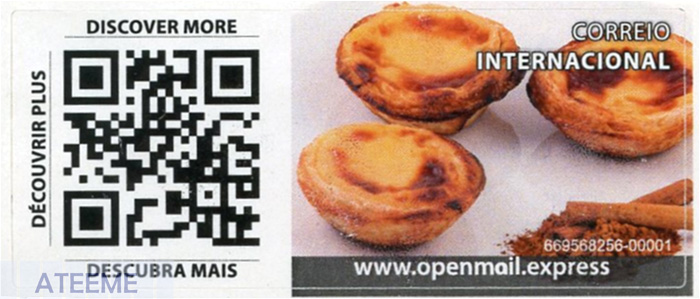
Similar to the Swiss Post stamps, around the edges of the QR code are the words “DISCOVER MORE” in English, French and Portuguese.
The maximum weight indicator “20G” was added to the design in a second stage.
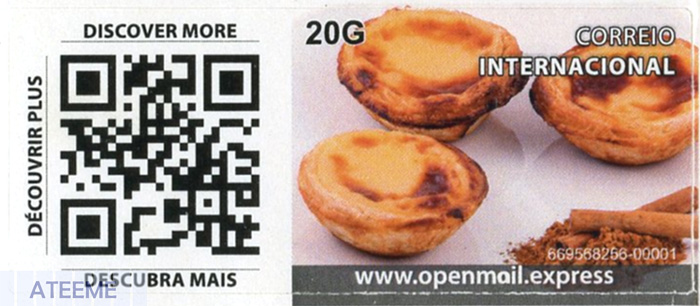

From 2023, the design of the stamps incorporates a black background and a perforated profile to resemble “traditional” stamps, although the pre-cutting remains linear.
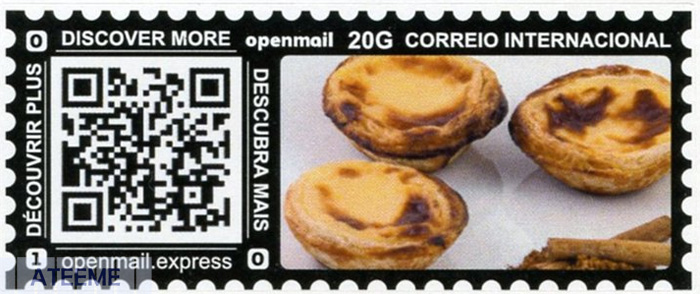
The sheets are composed of three columns of ten stamps, and a strip with the postal operator’s identification and sheet control codes. The image below shows the first column of ten stamps of the sheet sold in Lisbon, with five different pictures repeated.

In addition to the designs for tourist areas, OPENMAIL has also produced – at least – one interesting commemorative special edition (below, right), on the occasion of World Youth Day in Lisbon in early August 2023. We imagine the print run and sales period were greatly reduced.
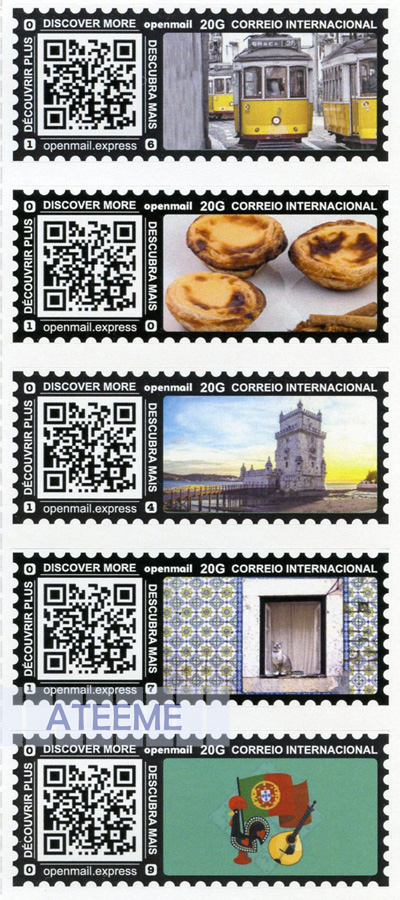

OPENMAIL and other private postal operators do not have direct access to the universal postal network. However, the Postal Law allows these companies to establish agreements with other postal service providers whilst the operator responsible for the provision of the universal postal service, CTT in the case of Portugal, is obliged to provide access to the public postal network to all authorised postal operators under certain conditions.
OPENMAIL has agreements with Premium Green Mail Lda, a Portuguese postal consolidator, and with CTT. Therefore, all mail OPENMAIL collected from their mailboxes is delivered to the consolidator, which in turn delivers it to the public postal operator under the established conditions (minimum volume of items, sorting level, prices, etc.). OPENMAIL also has direct agreements with CTT for the exchange of letters and postcards posted in error in the other operator’s mailboxes.
In practice, the whole process significantly lengthens delivery times for international mail compared to mail sent directly via CTT. In tests during the summer of 2024, all postcards sent from Lisbon franked with OPENMAIL stamps and posted in their mailboxes took nearly two months to reach various destinations in Spain, and up to two and a half months to reach France.
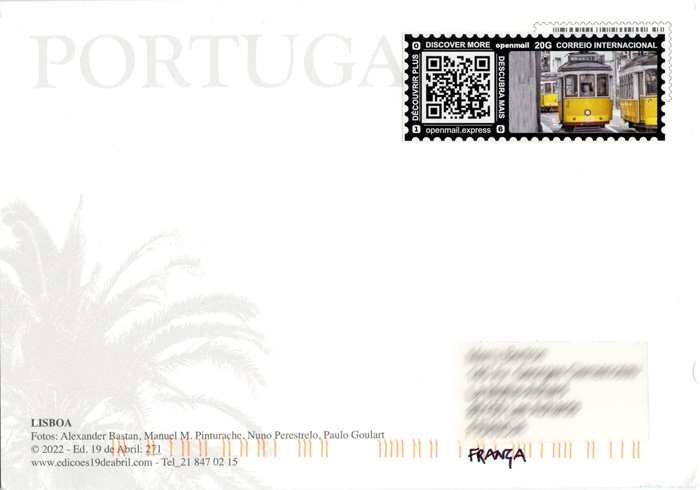
(To be continued …)
(English edition rewritten by J. Gareze – July 2025)
Access to this site, and to the website in general, is monitored and its contents are protected by copyright.
The unauthorized copy of the text and / or images is prohibited
